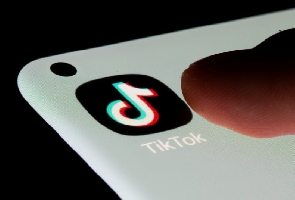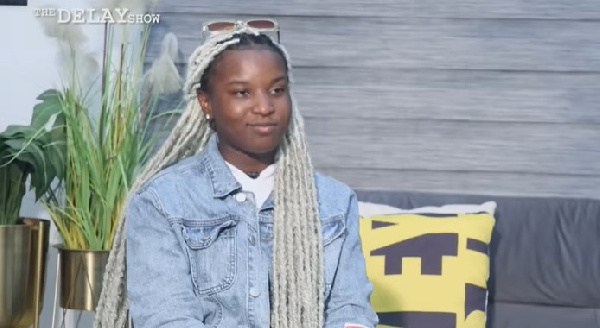Why Tiktok owner hand over pipo data to Chinese goment

Chinese internet giants including Alibaba, Tiktok-owner Byte Dance, and Tencent don share details of dia algorithms wit China for di first time.
Algorithms dey decide wetin users see and di order wey dem take see am – and dey critical to drive growth of social media platforms.
Dem dey guarded by companies wella.
For di US, Meta and Alphabet don successfully argue say dos tins be trade secrets despite calls for more disclosure.
Di Cyberspace Administration of China (CAC) don publish one list wit di description of 30 algorithms.
For statement, e say di algorithm list go dey updated so dem go fit stop data abuse.
Among di algorithms wey dey di list be one wey e-commerce website Taobao, by Alibaba own.
Di Mandarin document say Taobao algorithm “dey recommend products or service to users through dia digital footprint and historical search data.
“ByteDance algorithm for Douyin, China version of TikTok, dey gauge user interests through wetin dem click, comment on, “like” or “dislike”.
Kendra Schaefer, head of tech policy research for Trivium China, say di data show for “surface level”.
“E no look like say dem don submiit di algorithms themselves,” she tell BBC.
“Each one of dis algorithms don get registration number, so di CAC fit focus enforcement efforts on one particular algorithm.
Di question be, wetin be di next step to see if one algorithm dey up to code?
“However, Zhai Wei, one executive director for di Competition Law Research Center for di East China University of Political Science and Law, believe say di information dem provide get ” more detail dan wetin dem publish for sure”.
“Dat one involve some business secrets, wey no dey possible to dey released to di public,” e tell Bloomberg.
ByteDance no gree comment wen BBC ask am on Tuesday.
Alibaba and listed technology firms Tencent, NetEase and Baidu no respond immediately to BBC request for comment.
E go increase control sharpaly
According to Suranjana Tewari, Asia Business Correspondent dis move dey ultimately about control.
China get di largest base of internet users for di world, and be big market for e-commerce, gaming and smartphones.
And so, technology companies wey dey operate there don expand sharpaly for recent years.
Beijing dey seriously protect di technology behind dis companies, and no dey allow di export of am beyond dia shores.
But dem dey worry about how dis platforms fit influence public opinion within China, and prefer to get more oversight over dia technology and data.
Dem want redirect pipo attention to content wey di state think say dey ok for public consumption.
Beijing don urge service providers to make sure say algorithm “actively spread positive energy”, and no dey used to encourage over do, too much spending and expose to celebrity culture.
International brands like Google and Facebook don dey under pressure to submit dis kind information sake of concerns about how dem dey use data and create content, but dem don argue until now, say algorithms be business secrets.
Chinese goment tight hand for technology sector
Chinese regulators don dey tight hand for technology sector for nearly two years now.
Di kontri adopt new rules for algorithms for March – wey allow users to pull out to contribute to recommendations.
E also be required algorithms wit “public opinion properties or social mobilisation capabilities” to register wit di CAC.
Ms Schaefer say e dey “remarkable” say di registrations dey for public.
CLICK HERE TO DOWNLOAD PRESS RADIO MOBILE APP

“I no sabi say any oda kontri in di world where you fit go see list of all of di pieces of code wey dey essentially inform di decisions wey you make, di purchasing decisions wey you make, di content viewing decisions wey you make,” she tok.
Source: www.bbc.com






